List of Speakers and Biographies
29 June 2022, Cascais, Portugal
Click on each session title to see list of speakers, panellists and moderators.
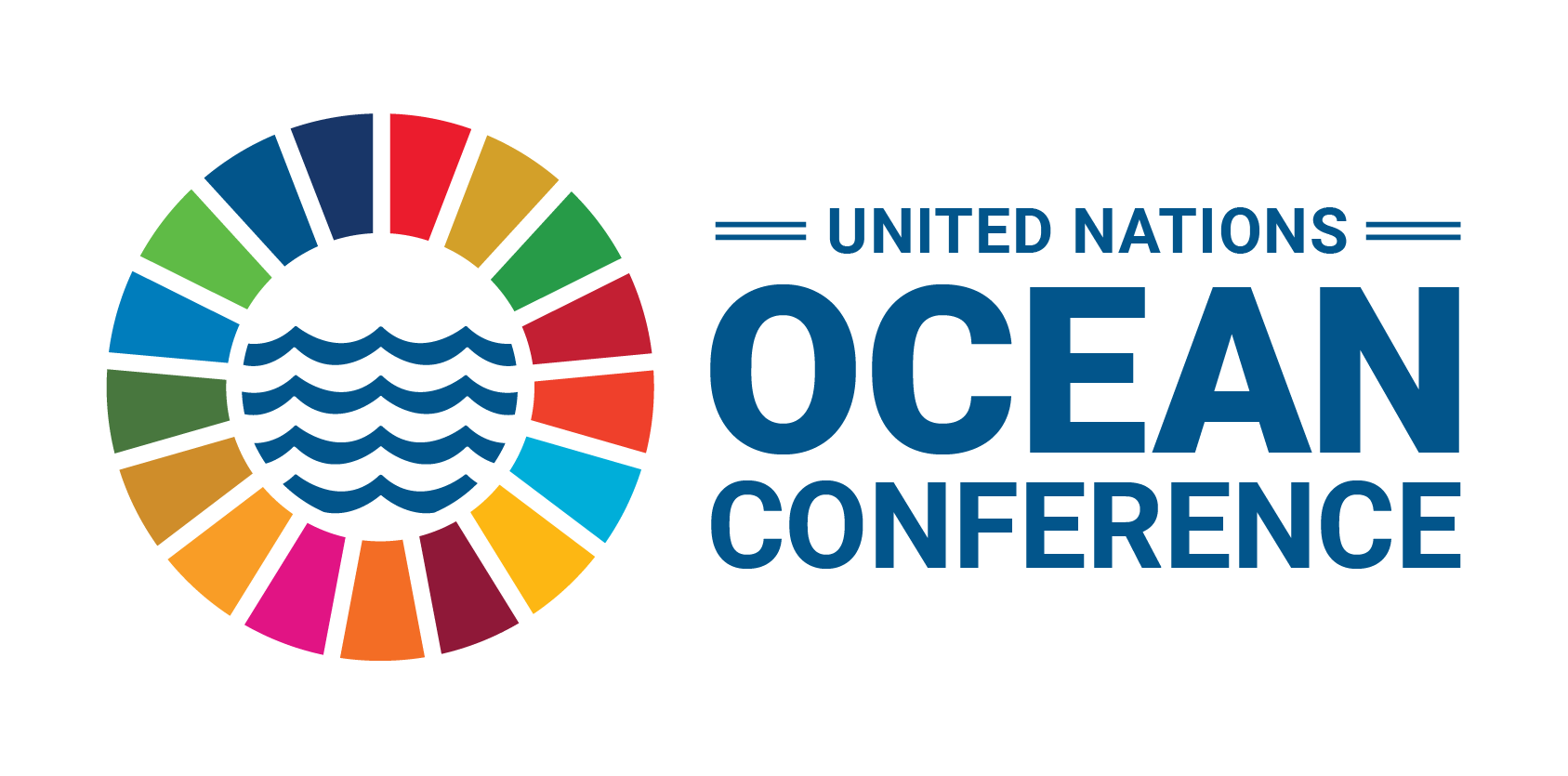
Official side event (ID OBZA5) |
|---|
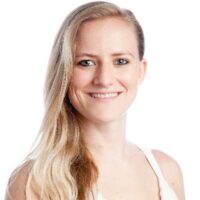
Dr. Delphine Lobelle (ECOP)Delphine Lobelle is a physical oceanographer and post-doctoral researcher at Utrecht University in The Netherlands in a team called Tracking of Plastic In Our Seas (funded by the ERC), to explore where plastic ends up in the ocean. Delphine also coordinates knowledge-sharing and stakeholder engagement events: Ocean Plastic Webinars, Ocean Visions 2021 summit, and the Ocean Plastic Workshop 2022. She is co-founder of the OceanBRIDGES network (Bridging (Ocean) Research, Innovation and Diversity among Generations of Experts and Stakeholders). |
|
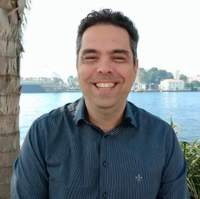
Prof. Alexander TurraProfessor at the Oceanographic Institute of the University of São Paulo and coordinator of the UNESCO Chair on Ocean Sustainability |
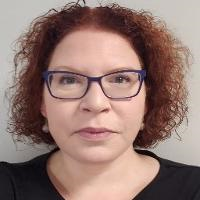
Heidi Savelli-SoderbergHeidi Savelli-Soderberg coordinates UNEPs marine litter activities within the framework of the Global Partnership on Marine Litter which is hosted by the Global Programme of Action for the Protection of the Marine Environment from Land-based Activities (GPA) since 2009. She has worked with coastal and marine management for 20 years particularly land-based sources of pollution; communication, education, and awareness; and implementation of training programmes in marine protected area management, wastewater management and monitoring of marine litter. She is an ecotoxicologist by training. |
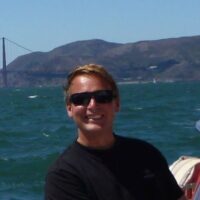
Dr. Toste TanhuaToste is a chemical oceanographer at GEOMAR Helmholtz Centre for Ocean Research Kiel, in Germany focusing on ocean ventilation by observing transient tracers and conducting deliberate tracer release experiments to understand ventilation and mixing in the ocean. He also works on understanding the dynamics of ocean carbon, nutrients and oxygen. He also co-chairs the steering committee of the Global Ocean Observing System (GOOS) and coordinates the EU funded project EuroSea, that aims at improving the ocean observing and forecasting system. |
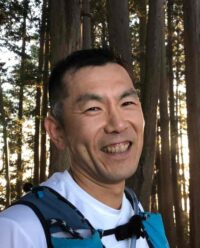
Mr. Keiji NAKASHIMAMr. Nakashima has worked for management of world natural heritage sites and national parks, environmental impact assessment, marine conservation, and official development assistant of Asia-Pacific region. Since April 2020, he has been working on marine plastic litter as the director. He joined the Ministry of the Environment Japan in 1996.
|
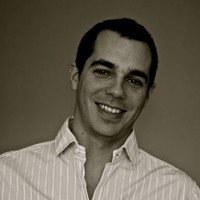
Marc MetianMarc Metian is researcher scientist at the Marine Environment Laboratories of the International Atomic Energy Agency. He is involved since 2014 in the IAEA technical cooperation activities on topics related to Ocean such as plastic pollution, ocean acidification, and seafood safety, providing technical support to IAEA Member States to build capacity on these topics. He oversees research assessing the impact of microplastics on marine organisms. |
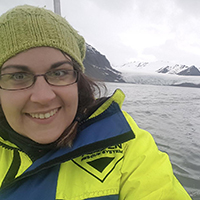
Dr. Amy LusherDr. Amy Lusher is a Key Researcher in the section for environmental contaminants at the Norwegian Institute for Water Research (NIVA) and an Associate Professor at the University of Bergen. She is currently the Scientific Project Manager of EUROqCHARM, a Horizon 2020 Coordination and Support Action which is focused on the analysis and evaluation of existing methodologies used for plastic pollution assessment, with an aim to harmonize them on a European level. |
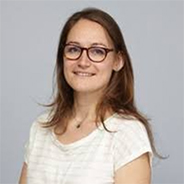
Dr. Audrey HassonAudrey Hasson heads the GEO Blue Planet European Office, hosted by Mercator Ocean International and funded by the European Union through the EU4OceanObs project. Audrey is a physical oceanographer, specialising in the study of water masses using satellite-borne, situ observations and numerical simulations. She has worked for the US, French and European space agencies, co-founded the Ocean Plastic Webinars and led several science outreach projects. |
|
|
|
|
|
|
|

Dr. Audrey HassonAudrey Hasson heads the GEO Blue Planet European Office, hosted by Mercator Ocean International and funded by the European Union through the EU4OceanObs project. Audrey is a physical oceanographer, specialising in the study of water masses using satellite-borne, situ observations and numerical simulations. She has worked for the US, French and European space agencies, co-founded the Ocean Plastic Webinars and led several science outreach projects. |
|
|
|
|
|
|
|
|
|
|
|
|
|
|
|



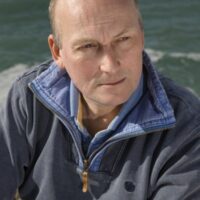 Prof. Dr. Richard Thomson
Prof. Dr. Richard Thomson Marta Ottogalli
Marta Ottogalli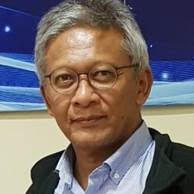 Mr. Saiful Ridwan
Mr. Saiful Ridwan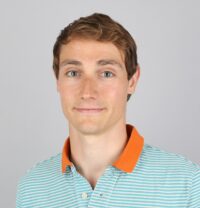 Dr. Nicola Balbarini
Dr. Nicola Balbarini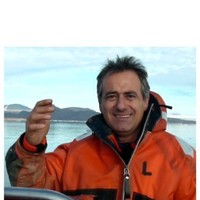 Dr. Stefano Aliani
Dr. Stefano Aliani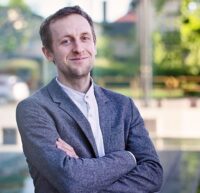 Dr. Artur Palacz
Dr. Artur Palacz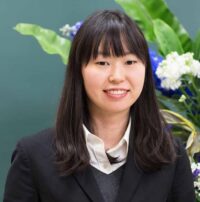 Dr. Tomoko Takahashi (ECOP)
Dr. Tomoko Takahashi (ECOP)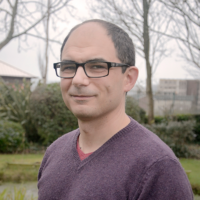 Dr. Victor Martinez Vicente
Dr. Victor Martinez Vicente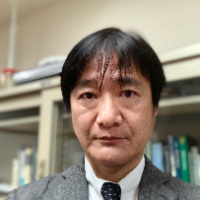 Prof. Atsuhiko Isobe
Prof. Atsuhiko Isobe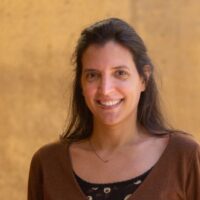 Dr. Carolina Sá
Dr. Carolina Sá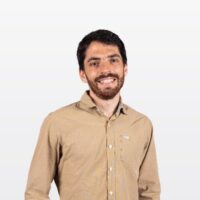 Dr. Leonardo Azevedo
Dr. Leonardo Azevedo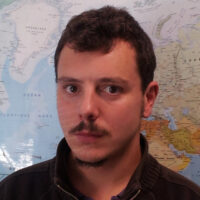 Dr. Marc Lucas
Dr. Marc Lucas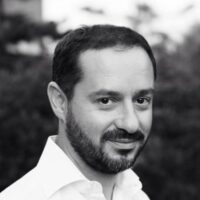 Dr. Kostantinos
Dr. Kostantinos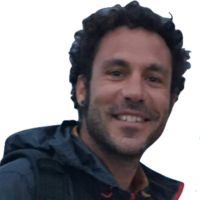 Mafalda de Freitas
Mafalda de Freitas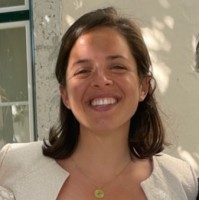 Mafalda de Freitas
Mafalda de Freitas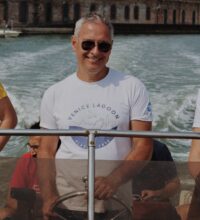 Davide
Davide 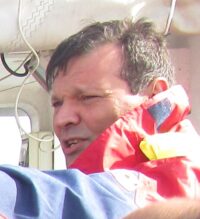 Carlos Borges
Carlos Borges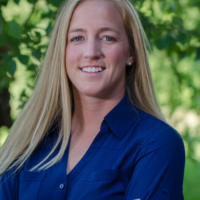 Dr. Christine Knauss (ECOP)
Dr. Christine Knauss (ECOP)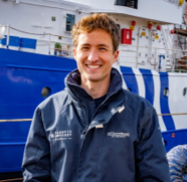 Simon Bernard
Simon Bernard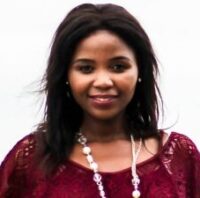 Dr. Refilwe Mofokeng (ECOP)
Dr. Refilwe Mofokeng (ECOP)
